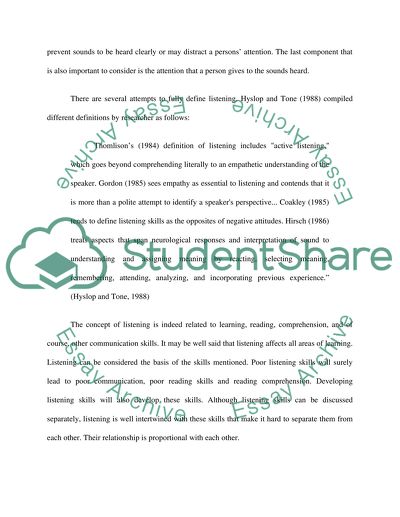Cite this document
(“Children's Listening Skills Essay Example | Topics and Well Written Essays - 2750 words”, n.d.)
Children's Listening Skills Essay Example | Topics and Well Written Essays - 2750 words. Retrieved from https://studentshare.org/education/1540112-childrens-listening-skills
Children's Listening Skills Essay Example | Topics and Well Written Essays - 2750 words. Retrieved from https://studentshare.org/education/1540112-childrens-listening-skills
(Children'S Listening Skills Essay Example | Topics and Well Written Essays - 2750 Words)
Children'S Listening Skills Essay Example | Topics and Well Written Essays - 2750 Words. https://studentshare.org/education/1540112-childrens-listening-skills.
Children'S Listening Skills Essay Example | Topics and Well Written Essays - 2750 Words. https://studentshare.org/education/1540112-childrens-listening-skills.
“Children'S Listening Skills Essay Example | Topics and Well Written Essays - 2750 Words”, n.d. https://studentshare.org/education/1540112-childrens-listening-skills.


